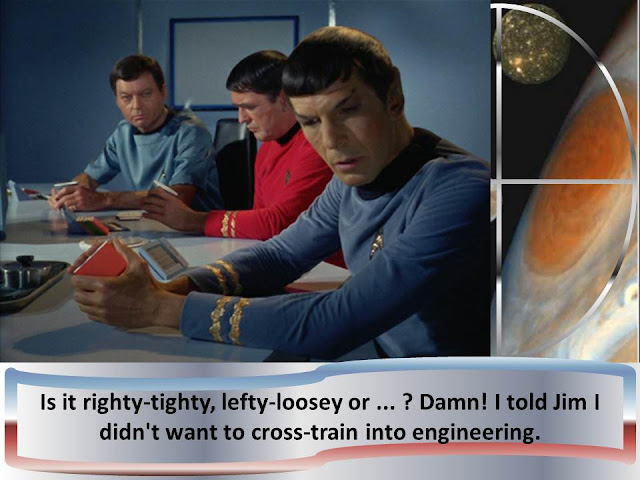Basic Laws of Combat
(as it relates to Poker)
1. You are not superman.
(Don't expect to win every hand)
2. Suppressive fires -- won't.
(Limping in can get you killed)
3. If it's stupid but works, it isn't stupid.
(Luck! Even a Donkey wins a hand now and then)
4. Don't look conspicuous -- it draws fire.
(Drawing attention to yourself makes you a target, too bold or too timid will result in challenges)
5. When in doubt, empty the magazine.
(Go All-In when you smell fear, yours or theirs)
6. Never share a fighting hole with anyone braver than you are.
(Get out of the pot if bigger stacks attack)
7. Never forget your weapon was made by the lowest bidder.
(Limping in can explode on you)
8. If your attack is going really well, it's an ambush.
(Calling stations usually have something)
9. No plan survives the first contact intact.
(After the flop, all hands change)
10. All five second grenade fuses will burn down in three seconds.
(Holding on to draws usually backfires)
11. Try to look unimportant, because the bad guys may be low on ammo.
(Keep a low profile but play your good hands aggressively against low chip stacks)
12. If you are forward of your position, the artillery will fall short.
(First to act may get you shot)
13. The enemy diversion you are ignoring is the main attack.
(You are being slow played by a better hand)
14. The important things are always simple.
(Don't try to overplay a hand)
15. The simple things are always hard.
(AA doesn't win every hand)
16. The easy way is always mined.
(Catching the flop doesn't mean the Turn or River won't get trapped)
17. If you are short of everything except enemy, you are in combat.
(The less chips you have, the more likely you are to lose)
18. When you have secured an area, don't forget to tell the enemy.
(It's OK to declare victory before the river if you have the nuts)
19. Incoming fire has the right-of-way.
(Get out of the way of aggressive action if you don't have the nuts)
20. No combat ready unit has ever passed inspection.
(Top 10 hands don't always work)
21. If the enemy is in range, so are you.
(You can't avoid the enemy when you are heads-up)
22. Beer math: 37 men times 2 beers each equals 49 cases.
(Chips, you can never have enough of them)
23. Body count math: 3 bad guys plus 1 probable plus 2 pigs = 37 enemy killed in action.
(You must eliminate everyone, limpers and calling stations end up as Collateral damage)
24. Friendly fire - isn't.
(Expect to be attacked by anyone, even friends)
25. Things that must be together to work usually can't be shipped together.
(Most drawing hands don't catch)
26. Radios will fail as soon as you need fire support desperately.
(Your friends can't help you when you need them, no insurance)
27. Anything you do can get you shot -- including doing nothing.
(Being too passive is only slightly worse than being too aggressive)
28. If you make it too tough for the enemy to get in, you can't get out.
(Sometimes it's easy to get pot committed with less than the nuts)
29. Tracers work BOTH ways.
(Being too obvious can get you trapped)
30. The only thing more accurate than incoming enemy fire is incoming friendly fire.
(Your friends will stab you in the back, eventually)
31. If you take more than your fair share of objectives, you will have more than your fair share to take.
(Build your chip stack by making good choices with good cards and steal some pots)
32. When both sides are convinced they are about to lose, they're both right.
(Calling on the river usually means the worst hand could have won with a bet)
33. Professional soldiers are predictable, but the world is full of amateurs.
(You can't bluff a bad player, suck outs happen at the river)
34. Any significant military action will occur at the junction of two or more map sheets.
(After the flop, any street can turn a winning hand into a losing hand)
35. When the pin is pulled, Mr. Grenade is not our friend.
(Going All-In doesn't guarantee you a win)
36. Don't draw fire; it irritates the people around you.
(Playing out of turn will ruin your game)
37. Never tell the Platoon Sergeant you have nothing to do.
(Pay Attention! Looking bored will get you action)

















